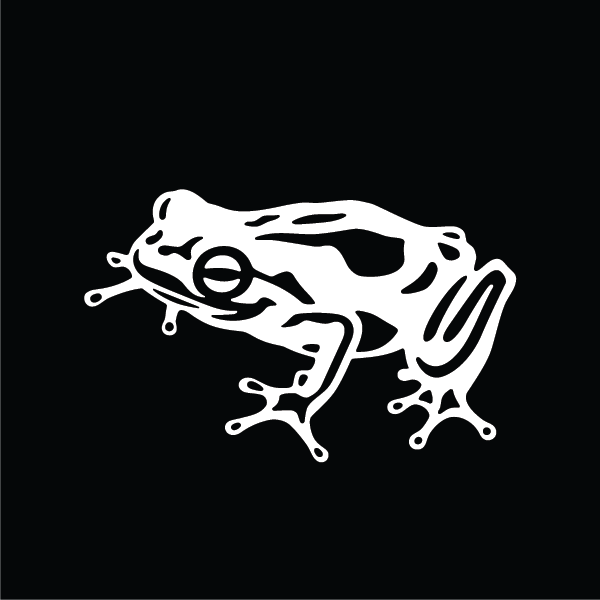
Food (Waste) for Thought: Designing Solutions to Global Food Waste and Loss
“Food waste is everyone’s problem and no one’s problem,” said Chris Cochran, Executive Director at the nonprofit ReFed, speaking from the Food Waste & Loss Business Innovation Lab. Hosted at frog’s Brooklyn studio, the event brought together teams working to fight food waste and loss worldwide from inside their organizations.
Indeed, this problem has far-reaching implications. Waste and loss occurs at all stages of food development and use, from harvesting and production, to distribution, right down to how we consume our food at home. According to the UN Food and Agriculture Organization, approximately one-third of all food produced for human consumption is wasted or lost—adding up to a whopping 1.3 billion tons every year worldwide. Making a dent in this number is impossible without first considering the ongoing technological, infrastructural, logistical and cultural factors that got us here.
That’s where design thinking can help. With the Food Waste & Loss Business Innovation Lab, frog and Cornell University’s Center for Sustainable Global Enterprise, with support from The Rockefeller Foundation and City&State, aimed to demonstrate how the worlds of academia, nonprofit and private business can use design methods for business innovation that solves social and environmental problems.
“A lot of companies know about design thinking, but not many people have actually experienced the process themselves,” said Mark Milstein of Cornell’s Center for Sustainable Global Enterprise. “It’s important to get people using the process to develop business solutions that address our complex global challenges.” Milstein emphasized that the goal of the two-day workshop was not to solve the food loss and waste problem or to find a “silver bullet” fix, but to get real teams working together to address a significant issue core to their organization.
Systems-Level Solutions
Solving a complex, systems-level problem like food waste and loss is no easy feat—or even just one feat at all. Addressing the issue requires a closer look at individual opportunities for action. It takes rich understanding of the exact people, places and processes involved. More still, it requires empathy for their unique needs and behaviors.
Bringing together participants representing different players in the value chain provides a broader appreciation of how these problems can be approached on a systems-level, and brings some insights and inspiration into how others are addressing the challenge.
The amount of food wasted and lost every day continues to grow, and it is not because there’s a lack of ideas, but often because there’s a lack of systems in place to support these ideas. With this in mind, teams completed a series of activities meant to:
- Identify a specific challenge
- Define the ecosystem that challenge lives within
- Empathize with the real players involved to address change at the people level
- Articulate ways to solve the problem
frog facilitators were then joined by subject matter experts from the academic, private and non-profit sectors to help teams explore provocative solutions. To make sure ideas could lead to something actionable, they also defined the systems that would need to be in place for their proposed solutions to work.
Participants walked away with some near term ideas that could be put into practice right away, as well as thoughts to address further off goals. Even more valuable, they developed a network of peers fighting the same fight from different positions, and a new design thinking approach that they could add to their toolkit to continue to solve the problem.
Strategy That Scales
Over 70 participated in the Lab, representing 13 organizations with direct connections and influence to address food waste challenges. In attendance were employees from commercial food suppliers, organizations focused on composting in urban environments, subscription-based food delivery services and representatives from multinational hotel chains.
By focusing on exact challenges in context of the ecosystem they live within, attendees worked together to shine a light on specific unmet needs. Teams were then able to brainstorm and refine concepts to come to precise opportunities for making critical improvements that have scalable, lasting impact.
For more information on how groups of all types can come together to solve social challenges, see frog’s Collective Action Toolkit for activities and thought-starters aimed at driving change in your community and beyond. Additionally, the Center for Sustainable Global Enterprise at the SC Johnson College of Business at Cornell University has been working with companies to solve social and environmental issues through business innovation.

frog, part of Capgemini Invent is a global design and innovation firm. We transform businesses at scale by creating systems of brand, product and service that deliver a distinctly better experience. We strive to touch hearts and move markets. Our passion is to transform ideas into realities. We partner with clients to anticipate the future, evolve organizations and advance the human experience.
We respect your privacy
We use Cookies to improve your experience on our website. They help us to improve site performance, present you relevant advertising and enable you to share content in social media. You may accept all Cookies, or choose to manage them individually. You can change your settings at any time by clicking Cookie Settings available in the footer of every page. For more information related to the Cookies, please visit our Cookie Policy.